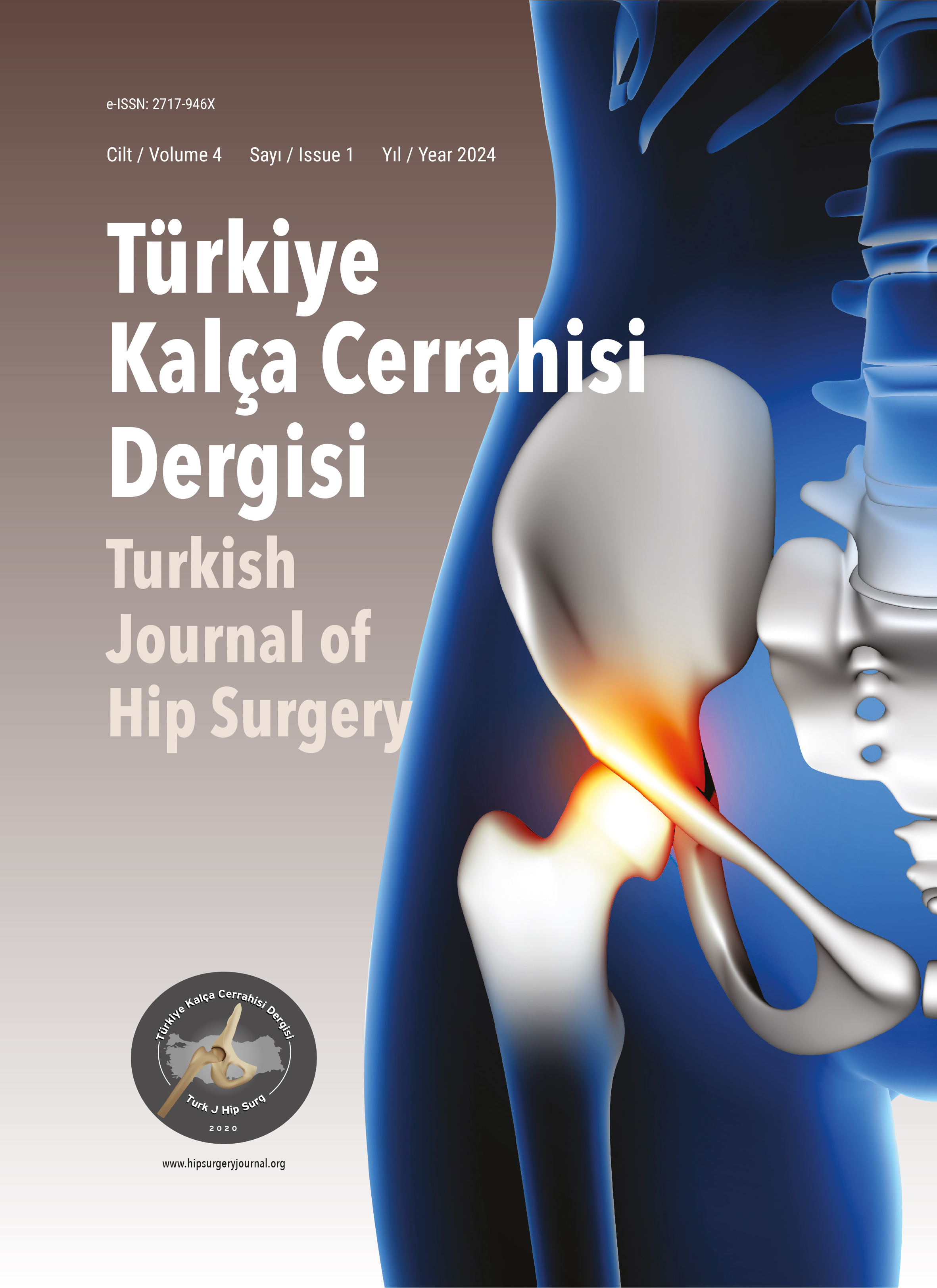
ETHICAL POLICY
It is targeted that all parties participating in the creation of a scientific study (author, editor, reviewer, publisher and reader) contribute to the proper progress of science. Compliance with scientific ethical principles is important in the scientific studies prepared in accordance with this target. Logos Medical Publishing Inc. adopted the ethical principles based on the directive prepared by the Committee on Publication Ethics (COPE) and recommended its adoption by all individuals contributing in the creation of a scientific work. Some items of this directive are mentioned below.
Ethical Responsibilities of the Authors
To ensure that the data related to the study is correct, to keep the records of the study regularly and to provide access to these data upon a possible request.
To ensure that the article he/she submitted is not published or accepted elsewhere.
If the content submitted by the author matches the already published or presented content, to accept and quote this conflict and, when necessary, to provide the editor with a copy of any work that may have similar content related to his / her work, to obtain permission to reproduce, and use any content from other sources, and cite it as a reference.
To ensure that all studies involving human or animal subjects comply with national and international laws and guidelines (eg WMA Helsinki Declaration, NIH Policy on the Use of Laboratory Animals, EU Directive on the Use of Animals) to approve that necessary approvals have been obtained, to respect subject privacy, to indicate the relevant ethics committee approvals and research details in “Materials and Methods” section of the study.
In case of any conflict of interest, when he / she finds an ethical violation related to his / her article, he / she will share it with the editor and publisher, and publish a statement of error, addendum, indemnity notice or withdraw the work if deemed it necessary.
Ethical Duties and Responsibilities of the Editors
Acting in a balanced, objective and fair manner while performing their duties without any discrimination based on gender, religious or political beliefs, ethnic or geographical origin of the authors.
To evaluate the work submitted to the journal according to its content without showing any privilege to any author.
To take necessary measures to prevent potential conflicts of interest and to evaluate existing statements, if any.
To deal with sponsored works or special studies in the same way as other studies,
In case of complaints related to violation of ethics, to enforce necessary procedures by adhering to the policies and procedures of the journal. To give the authors an opportunity to respond to the complaint, and without refraining from imposing the necessary sanctions, regardless of the identity of the owner of the work
To reject the study if it does not meet the purpose and scope of the journal
Invited articles are only made by the editor and evaluated by a reviewer.
Ethical Responsibilities of the Reviewers
In order to contribute to the editor's decision-making process, the manuscript should be scrutinized in a timely fashion and reviews should only accept the critical evaluation of the study of his/her expertise.
The assessment should be done in an objective manner only in relation to the content of the study. The study should be evaluated without considering religious, political and economic interests.
To make suggestions to help improve the quality of the article to be published and to critically review the study. To communicate his/her comments to the author in a constructive and gentle language.
To protect the confidentiality of the information provided by the editor and the author, to destroy the work after the evaluation process in accordance with the principle of confidentiality, to report to the editor if there is anything contrary to the blind review process and not to evaluate this study.
To be cognizant of potential conflicts of interest (financial, institutional, collaborative, or other relationships between the author and the author), and, if necessary, to alert the editor to withdraw his or her assistance for this article.
Ethical Responsibilities of the Publisher
Among the parties involved in a creation of a scientific study, the publisher should act within all these ethical principles.
In addition to these, the publisher is obliged to use its communication power without any individual interest and to direct the target audience correctly.
It protects the ownership and copyright of each work published in its journals/books and undertakes the task of archiving every published work.
People should not hesitate to get contact with the publisher when they encounter an unethical situation.
Some of the actions considered to be against scientific research and publication ethics
- Plagiarism: To adopt the original ideas, methods, data or works of others partially or wholly without referencing them in compliance with scientific rules,
- Fraud: to use data that is not actually present or falsified in scientific research
- Distortion: Distorting the research records or data obtained, demonstrating unused devices or materials as if they were used in the research, and distorting or shaping the results of research in the interests of the people and organizations that sponsored the study;
- Republication: To present duplicates as separate publications in academic appointments and elevations
- Slicing: To present the results of a research as separate publications in academic appointments and upgrades by disseminating and publishing the results of a research in a way that disrupts the integrity of the research and submit them as separate publications more than once;
- Unfair authorship: to include people who are not active contributors or not to include those who are contributing to the study, to change the ranking of the authors inappropriately without any justification and, to remove the names of those who offered their active contributions in t the previous editions, to include their names among the writers by using their influence even though they did not actively contributed to the work
- Not specifying the people, institutions or organizations that support the publications realized as a result of the researches carried out with their support, and contributions,
- To use the thesis or studies which have not been submitted yet or have not been accepted as a source without the permission of the owner,
- Failure to comply with ethical rules in human and animal researches, not to respect patient rights in its publications, to harm animal health and ecological balance, to refrain from obtaining necessary permissions,
- To misuse resources, places, facilities and devices provided for scientific research,
- To make false or misleading statements regarding scientific research and publications in academic appointments and elevations.












